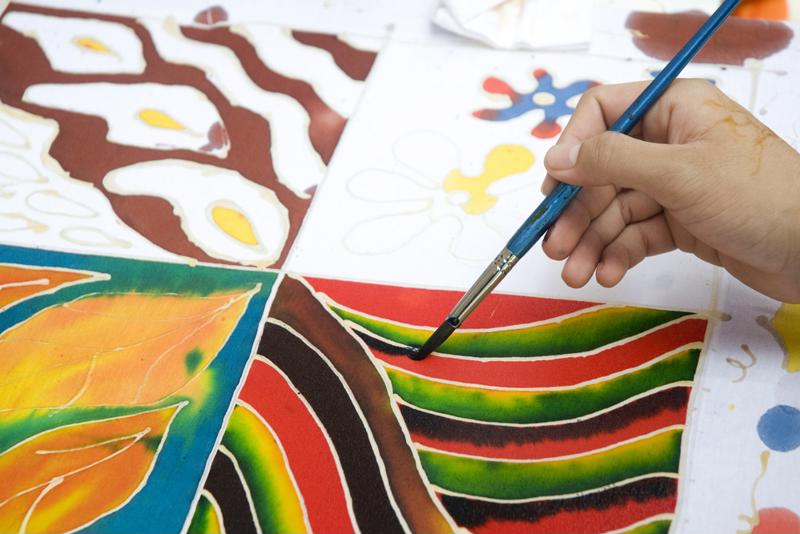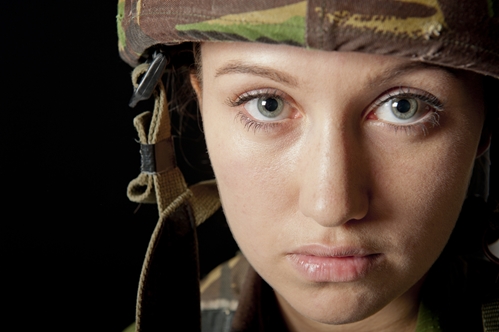Post-traumatic stress disorder has gone through many phases of awareness and understanding throughout the past century, but is just now beginning to hit a point at which treatments are progressing effectively. Innovative approaches to coping with PTSD have been as diverse as they are impactful on the veterans they serve, and could not have come at a more opportune time given the sheer volume of former service members who suffer from this disorder.
The U.S. Department of Veterans Affairs estimates roughly 11 to 20 percent of veterans who served in Iraq and Afghanistan to be living with PTSD, compared to 7 to 8 percent of the population as a whole. Several new methods of treating PTSD have entered into the equation of late.
Art as relief
Atlanta Magazine recently reported that Jason Smith, a medic who served in Iraq with the Marines, was suffering from severe PTSD until he came to realize that painting was a helpful form of relief. He affirmed that art allows him to bridge the gap between the debilitating aspects of PTSD and his ability to control his mind.
The magazine spoke to National Intrepid Center of Excellence art therapy leader Melissa Walker regarding this approach to therapy.
"It's difficult for them to verbalize what they've been through, so traditional talk therapy doesn't always work," Walker told the source. "The art-making process accesses other parts of the mind."
According to Atlanta Magazine, Smith has been among the many veterans to leverage artwork in efforts to manage PTSD. Similar programs and opportunities to those offered by the National Intrepid Center of Excellence can be found across the country.

A new app
The New Prague Times reported that a Minnesota man has developed an app that essentially makes a device vibrate right before a veteran might begin to experience a night terror or waking-life symptoms of PTSD. The news provider stated that the app will monitor a user's heart rate and movements for 10 days, eventually learning the indications that a severe event might take place, while the creator, Tyler Skluzacek noted that it is in the same vein as using service dogs to disrupt PTSD symptoms.
The app raised $26,000 following its initial Kickstarter initiative, the The New Prague Times noted, and Skluzacek was inspired to develop it because of his father's experiences with PTSD following service in Iraq.
Dogs still spreading
Although the federal initiative to fund service dogs for veterans suffering from PTSD has been slow-moving at best, local efforts are getting helping canines into the lives of veterans. ABC 10 reported that yet another graduation has taken place for service dogs that were a part of an initiative from 4 Paws 2 Freedom. Even the eight weeks leading up to graduation provide therapeutic benefits to veterans, as the news provider noted they work with the canines to ensure a healthy relationship down the road.
More funding of these niche PTSD treatment tactics will likely translate to even more opportunities for veterans to heal in the coming years.

